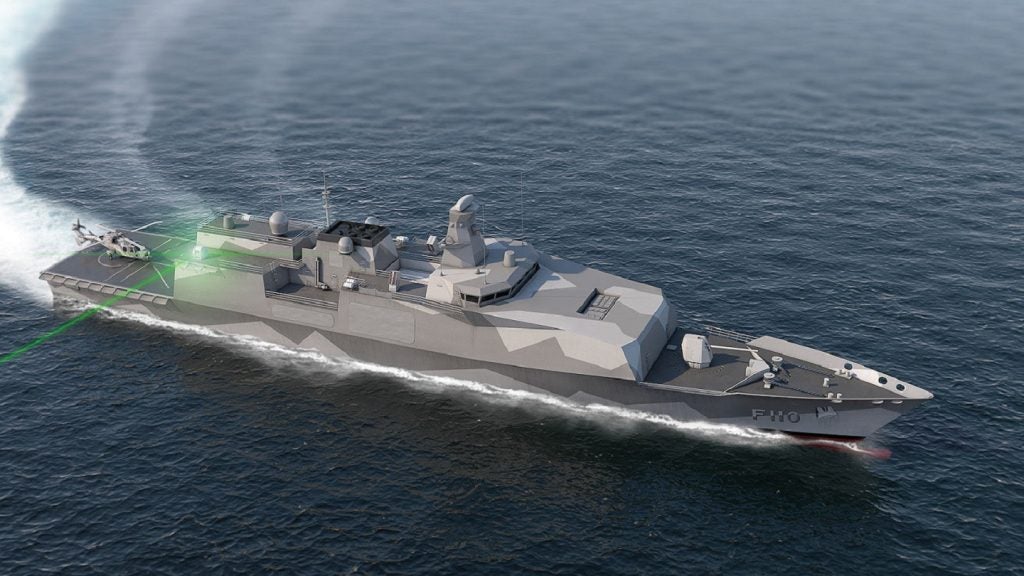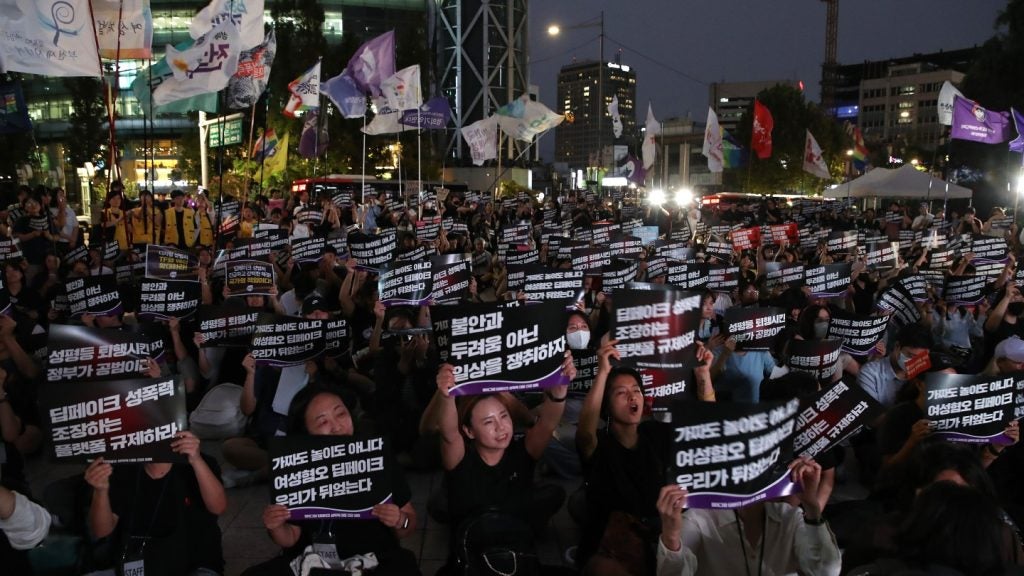
A Gallup poll of American voters, published 31 July, found that confidence in the US Military has dropped to 60%, down from 74% in 2018, and falling 9 percentage points in the last two years alone.
Among Republican voters, the decline is even steeper, falling 20 percentage points since 2020.
The finding comes days after researchers at the University of Maryland found large bipartisan support for the US continuing to provide significant military aid to Ukraine to help in the ongoing war with Russia. Seven-in-ten American voters favour continued support of of military aid to Ukraine, including military equipment, ammunition, training and intelligence, according to an in-depth study from the Program for Public Consultation and the Centre for International & Security Studies, published on 27 July.
Public confidence in the US military is lower than it has been in 26 years
“Recent figures indicating a significant drop in public confidence in the US military over the last five years are causing serious concerns as the Department of Defense seeks to strengthen personnel numbers the risk of high intensity conflict continues to escalate,” says Tristan Sauer, defence analyst at GlobalData.
The last time public confidence in the military was as low as its current level, 60%, was in 1997, and it hasn’t fallen below 60% since 1988.
From the late 1970s to the early 1980’s, American opinion was markedly lower, with confidence in the military between 50% and 58%, but during the presidency of Ronald Reagan in the 1980s more Americans expressed confidence in the military, and this proportion surged after the victory in the first Gulf War, as well as after the 9/11 terrorist attacks.
How well do you really know your competitors?
Access the most comprehensive Company Profiles on the market, powered by GlobalData. Save hours of research. Gain competitive edge.

Thank you!
Your download email will arrive shortly
Not ready to buy yet? Download a free sample
We are confident about the unique quality of our Company Profiles. However, we want you to make the most beneficial decision for your business, so we offer a free sample that you can download by submitting the below form
By GlobalDataHowever, after the fall of Afghanistan to the Taliban in 2021, following the US withdrawal, the number of American’s with confidence in the military began to plummet. “The repeated strategic failures of US military policy in recent years, with the withdrawal from Afghanistan, and the rise of ISIS following US withdrawals from Iraq, only further degrade public perception of the military’s effectiveness,” says Sauer.
Political sensitivities factor into public confidence
However, Sauer is keen to point out that the US Military’s public image problems stem from a much broader range of economic, social, and geopolitical factors. “Longstanding issues with various US military programs including housing, pay, healthcare, veterans support and travel coverage, all of which are publicised more expansively in the age of digital media, continue to undermine the military’s status as an employer.”
The US military, being a government institution, has consistently mirrored the contrasting aspects and contradictions that are deeply ingrained in US government policy throughout the past thirty years. In the deeply divided landscape of American politics, the United States military’s policies and actions have consistently served as a crucial gauge of government power.
Political operators from both ends of the spectrum scrutinise military policies and practices, identifying perceived threats to military effectiveness that they believe put American citizens at risk. “In certain respects, falling confidence in the US military and other government institutions is strongly linked to individual political affiliations,” says Sauer, in remarks supported by the Gallup poll.
For nearly all of the past 48 years that Gallup has run this study, Republicans have been the most likely to say that they have confidence in the military, but in the last three years this proportion has fallen from 91% to 68%. No other group of voters has seen such a precipitous decline. This is still the highest level of support among political parties, but as a trend of decline it will be troubling for personnel working within the DoD.
US military assistance for Ukraine enjoys strong bilateral support
While partisan tendencies have been observed within American perspectives on the US Military, voters in the US are united in support of giving aid to Ukraine. In a public consultation with 2,455 registered voters found that voters registered in both ‘very Republican’ and ‘very Democratic’ districts, favoured continuing military aid with majorities of 71% for both areas.
However, inclusive of more tightly contested districts, party affiliation still has some sway, and support for Ukraine on a national level breaks down with 55% of Republicans favouring continued military support to Ukraine, while compared to 87% support from Democrats.
The study also found that on a national level 73% of the US population agrees on sending NATO fighter jets to Ukraine for use by Ukrainian pilots. While Democratic support for this proposal, at 86%, is almost the same as its broader support for American military aid to Ukraine, Republican support on this issue, at 63%, is more popular than proposals to continue US military aid.
The US hold veto power on any delivery of F-16 fighter jets to Ukraine, due to the origin country of the platform.
Security interests are a close second among motivations for military assistance
In the study, conducted between 15-28 June, participants were asked to assess the merits of both supporting and discontinuing military assistance. The results showed that the most compelling argument regarded the United States’ obligation to aid Ukraine in response to Russia’s breach of international law. This particular viewpoint garnered significant support, with an impressive 83% of respondents finding it convincing.
The second most compelling argument for support was to that preventing Russia from establishing a foothold in Europe is important for the security of the United States, because an attack on a NATO member by Russia, it would inevitably lead to a full-scale war. 78% of respondents supported this notion – broken down by political affiliation, this included 70% of Republicans, 88% of Democrats, and 73% of independents.







